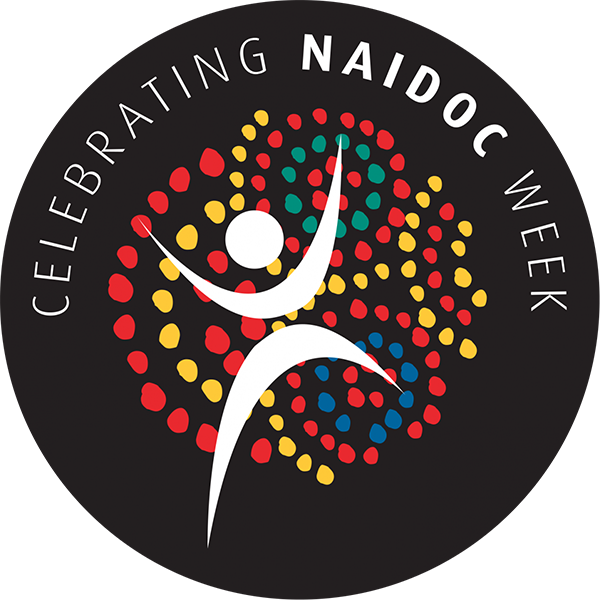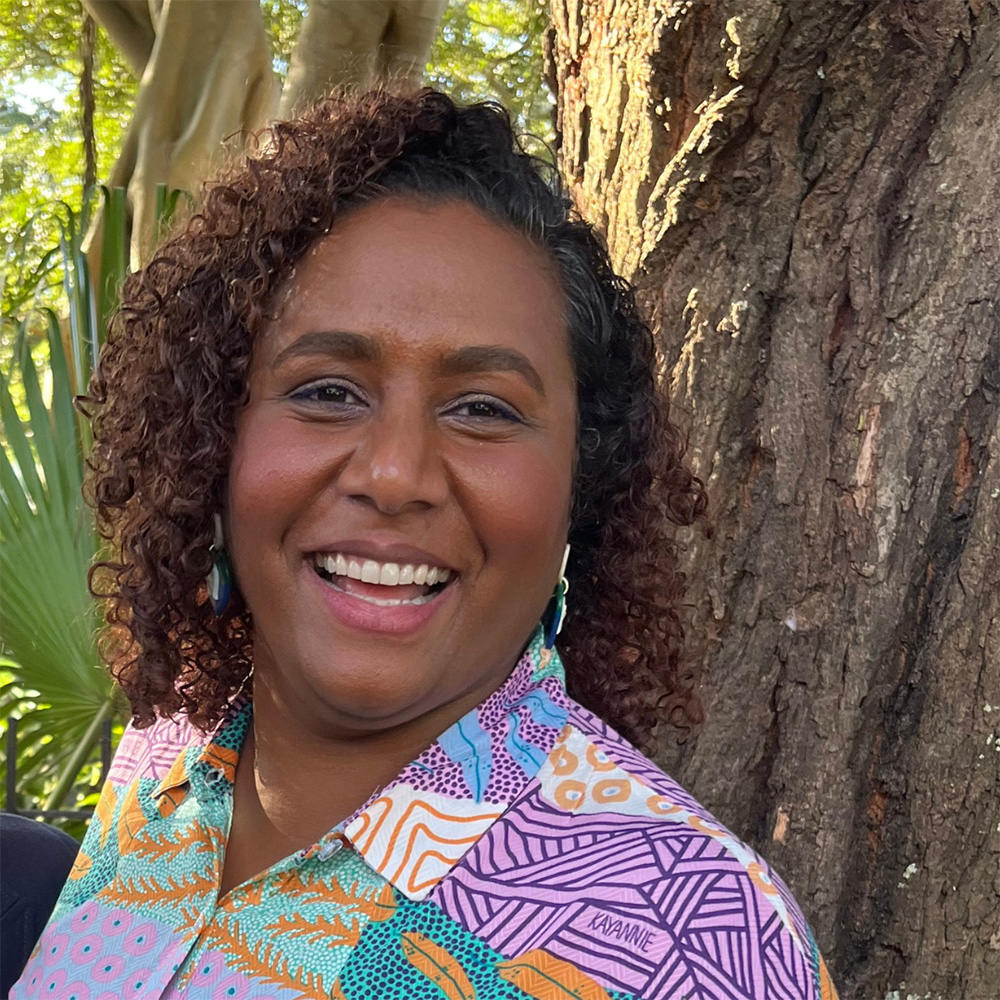History Matters
ABM Truth-telling Advisor, Larissa Minniecon, writes about the origins and aspirations of NAIDOC week.
Firstly, NAIDOC stands for National Aborigines and Islanders Day Observance Committee, the origins of NAIDOC can be traced back to the 1920s and 1930s, during a period of intense political activism by Indigenous Australians who were fighting for civil rights, recognition, and equality. This era saw the emergence of prominent Aboriginal leaders and organisations advocating for the rights and welfare of their communities.
Uncle William Cooper
One of our notable Christian leaders of the past was an Aboriginal man driven by his faith to advocate justice and peace in the Australian conscience. He fought for the rights of others, being a rightful child of his country but marginalised by the system he was born into. At 78 years old, Uncle William Cooper, a Yorta Yorta Elder, protested Kristallnacht – a dreadful event where Hitler’s brown shirts rampaged through Germany, looting, burning, and destroying Jewish stores and synagogues. In just a few hours, hundreds of Jewish people were killed, and approximately 30,000 Jewish men were imprisoned in concentration camps. On December 6, 1938, Cooper led a delegation from his home to the German consulate in Melbourne to deliver a letter protesting the violence.
Still in his 70s, Uncle William Cooper with his nephew Sir Pastor Doug Nicholls, Jack Patten and William Ferguson together established the Australian Aborigines League, whilst they were not deemed citizens, they petitioned King George V that his Government in the Commonwealth had failed its “moral duty” and “strict injunction” to ensure “the original occupants and their heirs” safety, status and land rights. With no results, they protested, holding an event before Australia Day called The Day of Mourning. On January 26, 1938, protestors marched through the streets of Sydney in a major civil rights gathering to mark the Day of Mourning.
The Day of Mourning
Through this event and in an act of solidarity, Uncle William Cooper asked the Australian Churches to set aside the Sunday before January 26th as Aboriginal Sunday to reinforce the message of justice, hope, and reconciliation.
Aboriginal Sunday
To measure peace, we need to look beyond conventional indicators of comfort and rest and instead focus on the struggles and protests that shape our lives. In John 14:27, Jesus said, “Peace I leave with you; my peace I give you. I do not give to you as the world gives. Do not let your hearts be troubled and do not be afraid.” Uncle William Cooper never once used violence, but used the discourse of peace and that true peace is not merely the absence of conflict but the presence of justice and righteousness, even in the face of adversity. This is what NAIDOC week was borne out of, a celebration that acts as a reminder that history matters.
As an Aboriginal and Torres Strait Islander Christian, celebrating NAIDOC week each year serves as a poignant reminder of the ongoing protest and the fight for justice and equality. It highlights that peace is intertwined with our efforts to address and rectify historical and present injustices. Therefore, we must take our faith outside into the community, to the marginalised and poor, where injustice and peace can meet, because I want to be blessed and be called a son or daughter of God.
So today, may you celebrate with us NAIDOC week.

Official 2024 NAIDOC Week logo.
